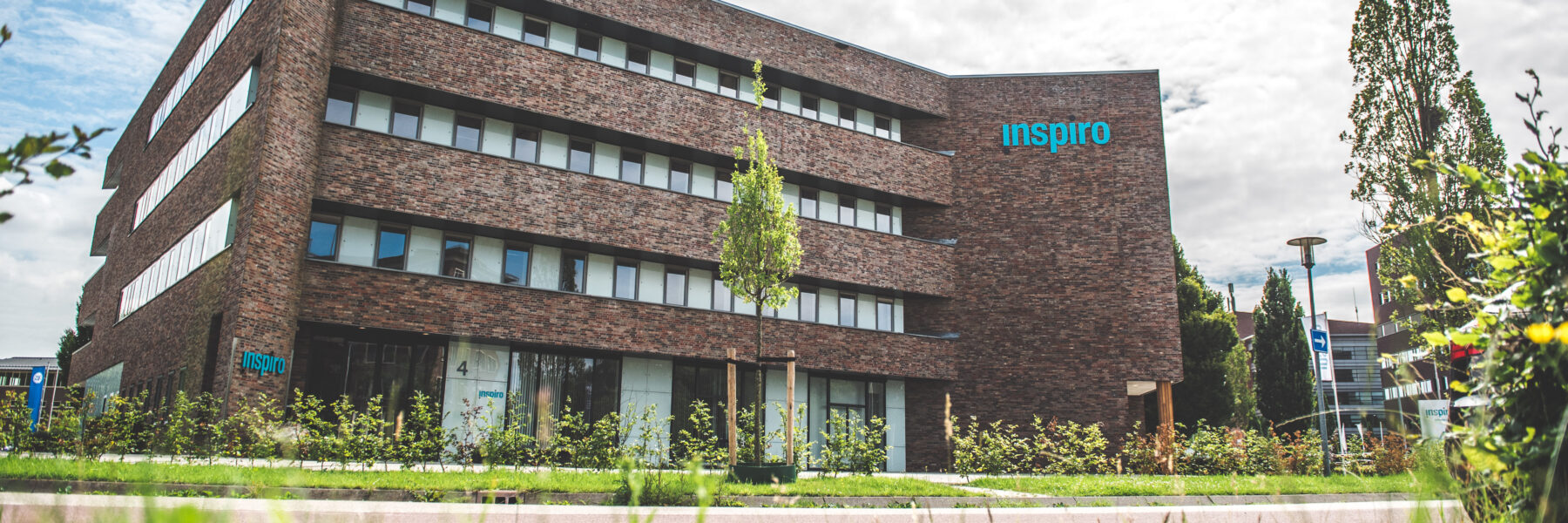What is secondment and how does it work?
Secondment is a flexible employment solution where an employee is temporarily placed at another company to carry out specific projects or tasks. In the technical sector, particularly in embedded software development, secondment offers the opportunity to quickly respond to changing project needs. The process of secondment involves selecting qualified professionals who are temporarily deployed in a different work environment without losing their employment with their original employer.
At Inspiro, specializing in embedded systems and IoT, secondment is used as a strategic tool to share expertise and promote innovation. This provides companies with access to specialized knowledge and skills needed for complex embedded projects. By utilizing secondment, a company like Inspiro can quickly and efficiently respond to the demands of their clients.
What are the benefits of secondment for the development of embedded systems?
Secondment offers numerous benefits for the development of embedded systems. One of the main advantages is the quick access to specialized expertise. This is essential in a field where technological advancement is rapid, and specialized knowledge is often needed to develop innovative solutions. Secondment allows companies to temporarily engage the right professionals, leading to faster and more efficient product development.
Moreover, secondment can contribute to cost reduction. Instead of hiring full-time specialists, companies like Inspiro can temporarily bring in extra capacity and knowledge to achieve specific project goals. This allows projects to be managed in a cost-effective manner without compromising the quality of the work.
How can companies like Inspiro benefit from secondment?
Companies like Inspiro can significantly benefit from secondment by expanding their development capabilities without the need for permanent hires. This provides them with the flexibility to quickly respond to new opportunities and challenges in the market. By using secondment, they can further expand their services in embedded systems and IoT solutions, giving them a competitive edge.
Secondment enables Inspiro to offer their clients a wide range of services, from product development to system integration and maintenance. This way, they can effectively leverage their expertise in embedded systems programming and seize new business opportunities while simultaneously expanding and strengthening their client base.
What skills do professionals develop during secondment in embedded systems?
Professionals working through secondment in the embedded systems sector develop a range of valuable skills. They have the opportunity to work on advanced projects in various industries, such as healthcare, automotive, and home automation. This allows them to deepen and broaden their technical knowledge, as well as improve their problem-solving abilities.
Additionally, secondment professionals are often expected to quickly adapt to new work environments and team dynamics. This enhances their adaptability and strengthens their skills in project management and communication. At Inspiro, professionals can further develop by working with a team of over 55 highly educated engineers, which further stimulates their professional growth.
What are the challenges of secondment for embedded systems?
While secondment offers many advantages, there are also some challenges that need to be overcome. One of the main challenges is ensuring the continuity and consistency of projects. Since professionals are deployed temporarily, there may be a learning curve as they adapt to the specific needs and processes of a new project or client.
Moreover, integrating external professionals into existing teams can sometimes lead to communication and collaboration issues. It is crucial that companies like Inspiro ensure their secondment professionals are well-supported and that there are clear communication channels. By placing a strong emphasis on collaboration and customization, these challenges can be effectively addressed, allowing companies to successfully benefit from the advantages of secondment.
